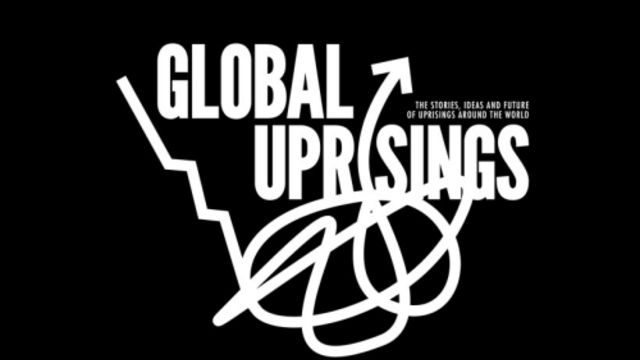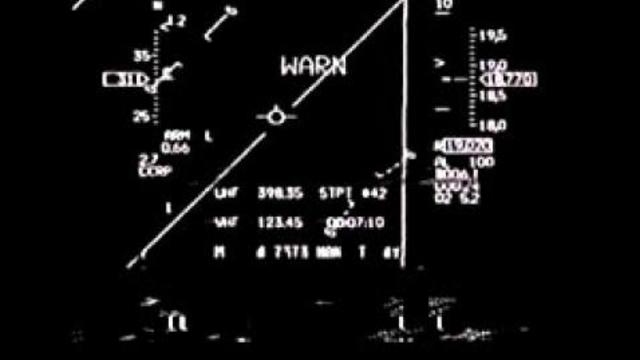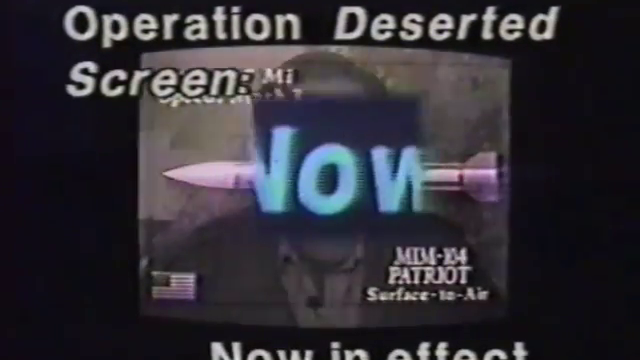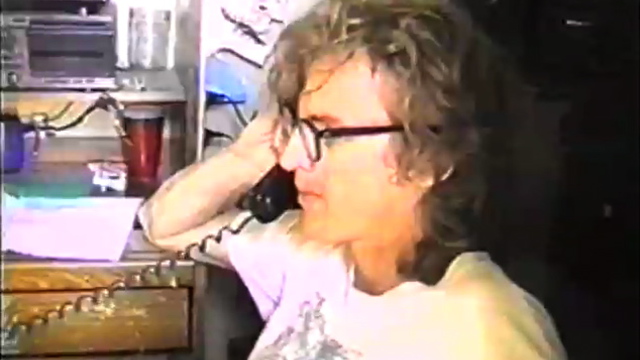Engaging Ambivalence
Interventions in Engineering Cultures
The most significant underwriter of engineering research in the United
States is the Department of Defense, largely acting through the Defense
Advanced Research Projects Agency (DARPA). DARPA exists to channel funds
from the military to academic and corporate research labs in exchange
for technological innovations that serve the needs of its clients - the
Army, Navy, Air Force, and Marines. As DARPA public relations officers
are fond of pointing out, innovations funded by DARPA grants may also
find expression in civilian applications, particularly in the
communications and aerospace industries.






